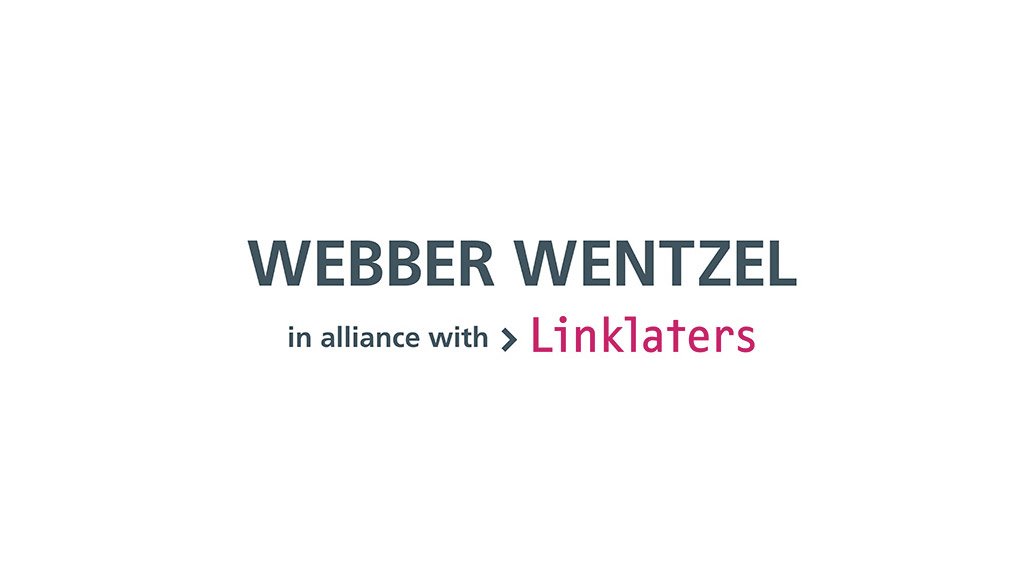The recent Constitutional Court ruling in Arena Holdings (Pty) Ltd t/a Financial Mail and Others v South African Revenue Service puts pressure on President Cyril Ramaphosa to reveal the tax records of the Tshivhase Trust, owner of Phala Phala
In an ironic twist of fate, the Constitutional Court's recent ruling that the public has the right to access certain tax records of Jacob Zuma may pose more of a risk to the current president than the former.
In a landmark judgment handed down on 30 May 2023 concerning tax confidentiality and the right of access to taxpayer information, the Constitutional Court ruled that the secrecy provisions prohibiting the disclosure of taxpayer information held by the South African Revenue Service (SARS) to third parties, contained in the Promotion of Access to Information Act (PAIA) and the Tax Administration Act (TAA), are unconstitutional and invalid. The ruling extends the 'public interest override' provision in section 46 of PAIA to the secrecy and confidentiality provisions in the event that a taxpayer engages in conduct that imperils the interests of society, and when public interest justifies the disclosure of their tax records.
Justice Kollapen, writing for the majority, commented that:
"Modern democracies are in many respects characterised by the challenge of competing interests, especially in diverse societies – such as ours. In this diversity, it is not uncommon for communal interests to stand in conflict with individual interests. It is also not uncommon for the interests of privacy and individual self-determination to stand in conflict with the collective public interest and the values of openness and transparency."
The Constitutional Court's judgment has been widely hailed as a victory for transparency and accountability. However, for some, it serves as a dire warning that the skeletons in their closets may still see the light of day.
One is President Cyril Ramaphosa, given the controversy surrounding the Phala Phala game farm. The SARS Commissioner, Edward Kieswetter, recently confirmed that the tax affairs of President Ramaphosa, Ntaba Nyoni Estate (Pty) Ltd and Ntaba Nyoni Feedlot (Pty) Ltd are in order. Although Acting Public Protector Kholeka Gcaleka recently exonerated President Ramaphosa, the fact that the president is not the owner of the Phala Phala farm seems to have been overlooked.
In November 2022, News24 reported that the farm was owned by the Tshivhase Trust, and that the president was only a trustee and beneficiary. This means that any details of dodgy dealings and general skullduggery pertaining to the USD 580 000, which was allegedly stolen from the farm, would be contained in the tax records of the Tshivhase Trust and not those of the president.
When the scandal first broke, the public was barred from accessing President Ramaphosa's tax records, as well as the tax records of the Tshivhase Trust, due to the secrecy and confidentiality provisions in PAIA and the TAA, which prohibit the disclosure of taxpayer's tax records to third parties. The prohibition meant that the public could only access the president's tax records and those of the Tshivhase Trust if the president consented to making those records public. This is no longer the case.
Thanks to the Constitutional Court's ruling, ordinary citizens are now able to request access to a taxpayer's tax records using the mandatory 'public interest override' provision in section 46 of PAIA. However, a person who seeks to successfully invoke the benefits of section 46 has formidable substantive and procedural hurdles to overcome. A requester would first have to convince SARS that the information contained in the records sought would (i) reveal evidence of a substantial contravention of the law or an imminent or serious public safety or environmental risk; and (ii) that the public interest in disclosure clearly outweighs any harm which that disclosure might cause. In addition, the provisions of Part 4 of PAIA mean that the individual, company or trust whose records are the subject of a section 46 request must be notified of it and, if the request is granted, they will be afforded an opportunity to appeal that decision. Ultimately, the effect of the 'public interest override' is to provide taxpayers with a high level of confidentiality while at the same time allowing a limited and relatively onerous basis for the lifting of confidentiality in the public interest.
Justice Kollapen pointed out that "serious criminality undermines the values of the Constitution, just as a serious and imminent environmental or health risk poses a high level of threat to the populace". If President Ramaphosa has, in fact, done nothing wrong with Phala Phala, then providing the public with access to the tax records of the Tshivhase Trust will conclusively prove his innocence — the possibility of which has now been raised by the Constitutional Court.
Written by Carryn Alexander, Partner & Sakiwe Canca, Candidate Attorney from Webber Wentzel
EMAIL THIS ARTICLE SAVE THIS ARTICLE ARTICLE ENQUIRY
To subscribe email subscriptions@creamermedia.co.za or click here
To advertise email advertising@creamermedia.co.za or click here











